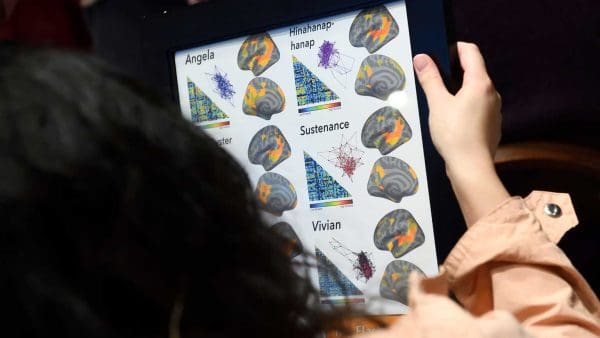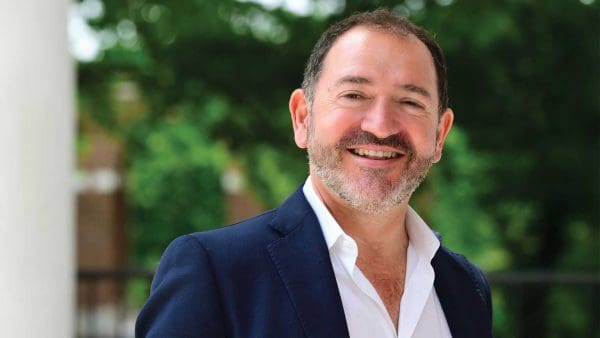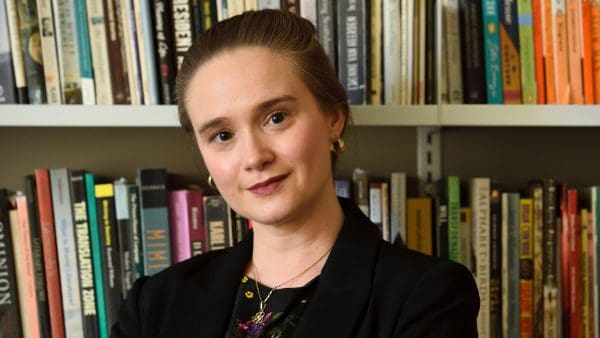The Krieger School of Arts and Sciences is proud to welcome two new Bloomberg Distinguished Professors to its ranks.

Cannon received his undergraduate, graduate, and doctoral degrees from Harvard. He comes to Hopkins from New York University, where he chaired the Department of English for five years.
In the world of medieval literature and linguistics, Cannon is a self-described “anti-foundationalist.” He digs down into bedrock understandings within these scholarly areas, and then challenges them.
Cannon is the author of four books, including, most recently, From Literacy to Literature: England, 1300-1400. He is currently co-editing with Harvard’s James Simpson a revision of the 19th-century edition of all of Chaucer’s works by W.W. Skeat. He is also working on a fifth monograph that explores how literacy and oral traditions intersect, and particularly the role that dictation played in writing and the circulation of books during the Middle Ages.
Literacy and education during the Middle Ages is an area of particular interest for Cannon, and especially the history of childhood reading in medieval England. In addition to teaching undergraduate courses, he is expected to contribute a humanistic element to the Johns Hopkins Science of Learning Institute.

Green arrived at Johns Hopkins in 1998, joining the Department of Molecular Biology and Genetics.
She conducted her graduate studies at Harvard University, working in the lab of Jack Szostak, who was focused on replicating the elements of “the RNA World”—the primordial environment in which scientists believe early forms of life may have relied solely on RNA to store genetic information and catalyze chemical reactions.
That led her to ribosome. While working in the lab of Harry Noller for her postdoctoral fellowship at the University of California, Santa Cruz, she investigated the ribosome’s role at the crossroads between the ancient and modern worlds, translating RNA messages into protein.
Green’s research has focused on the ribosome’s role in translating the genetic information found in all cells. Initially, her work investigated the most fundamental aspects of ribosome function in the bacterial ribosome. More recently, she has focused on quality control steps imposed on the translational process in eukaryotes.
These areas are critical for understanding the natural world and for their medical relevance, Green says. For example, her work on ribosome rescue and homeostasis sheds light on certain blood disorders and genetic diseases.




